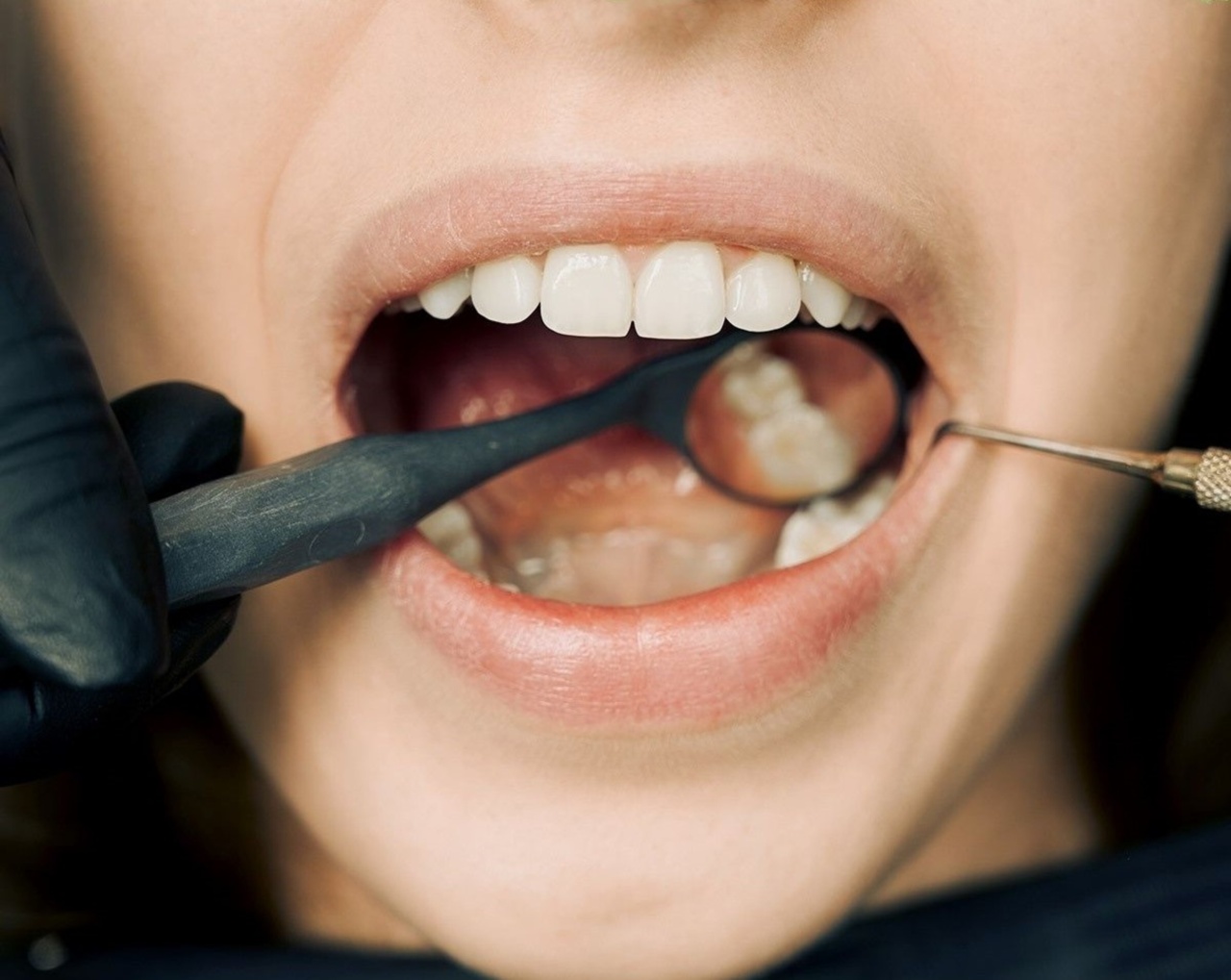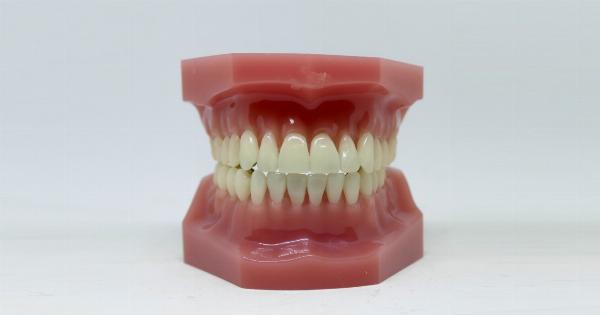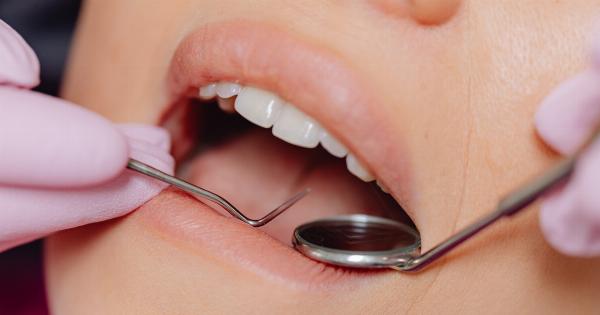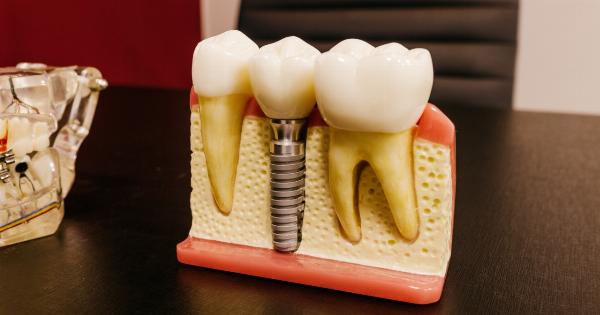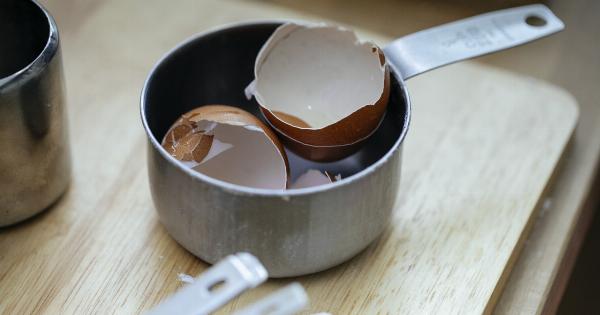Our oral health is very important. Having good oral health is not just about having a bright smile and fresh breath. It is also about keeping our teeth and gums healthy and strong. However, some of our daily habits and food choices can harm our oral health.
One of the main culprits is acidic oral solutions.
The Importance of pH balance
pH is a measure of how acidic or basic a solution is. pH values range from 0 to 14, with 7 being neutral. Solutions with pH values below 7 are acidic, while solutions with pH values above 7 are basic.
The pH of our oral cavity plays an important role in maintaining our oral health.
The ideal pH of our saliva and oral cavity is slightly alkaline, around 7.2 to 7.4. This is because the enamel on our teeth, which is the outermost layer, is made up of minerals that can dissolve in acidic environments.
An acidic oral environment can lead to demineralization of the enamel, making our teeth susceptible to decay, sensitivity, and other forms of damage.
It is important to maintain a balanced pH level in our mouth to prevent oral health problems. Certain factors can affect the pH of our oral cavity, such as our diet, lifestyle, and medications.
Acidic Oral Solutions
Acidic oral solutions include drinks and foods that have a low pH value. Some common acidic drinks include soda, sports drinks, energy drinks, fruit juices, and alcoholic beverages.
Acidic foods include citrus fruits, tomatoes, pickles, and vinegar-based dressings or sauces.
These acidic solutions can directly damage our teeth by eroding the enamel. When we drink or eat acidic foods, the acid attacks the enamel, creating tiny holes or pits in the surface.
Over time, these holes can become bigger and cause cavities or sensitivity.
Furthermore, acidic solutions can also indirectly damage our teeth by altering the pH of our oral cavity. When we consume acidic solutions, the pH of our saliva decreases, becoming more acidic.
This acidic environment can lead to demineralization of the enamel and other oral health problems.
Effects of Acidic Solutions on Teeth
Acidic solutions can have various negative effects on our teeth and oral health. Some of the most common effects include:.
1. Erosion of Enamel
As mentioned earlier, acidic solutions can erode the enamel on our teeth. The enamel is the outermost layer that protects the sensitive dentin and pulp inside.
When the enamel is eroded, it exposes the underlying layers, making our teeth vulnerable to decay, sensitivity, and discoloration.
2. Tooth Sensitivity
Acidic solutions can also cause tooth sensitivity by exposing the nerve endings in our teeth. When the enamel is eroded, the underlying dentin becomes exposed, which contains small tubes that lead to the nerve endings.
When we consume hot, cold, or sweet foods or drinks, the nerve endings can be stimulated, causing pain or discomfort.
3. Cavities
Acidic solutions can contribute to the formation of cavities by creating an environment that favors the growth of harmful bacteria. Bacteria thrive in acidic environments, and they can produce acids that further erode the enamel and cause decay.
4. Staining of Teeth
Acidic solutions can also stain our teeth by creating tiny pits and grooves in the enamel. These pits and grooves can trap pigments from foods and drinks, causing discoloration and staining.
Prevention of Acidic Oral Solutions Damage
Preventing the damage caused by acidic oral solutions is essential to maintaining good oral health. Here are some tips to prevent or minimize the damage:.
1. Limit Your Consumption
One of the best ways to prevent the damage is to limit your consumption of acidic solutions. Try to choose water or milk as your primary drinks, and limit your consumption of soda, fruit juices, and energy drinks.
Also, try to limit your intake of acidic foods, especially citrus fruits.
2. Use a Straw
Using a straw can help minimize the contact of acidic solutions with your teeth. When you use a straw, the drink bypasses the teeth and goes straight to the back of your mouth, reducing the exposure to the teeth.
3. Rinse with Water
Rinsing your mouth with water after consuming acidic solutions can help neutralize the acidity and help restore the pH balance of your oral cavity. It can also wash away any residual acids and sugar that might be left in your mouth.
4. Wait to Brush
If you consume acidic solutions, it is best to wait at least 30 minutes before brushing your teeth. Brushing immediately after can actually cause more damage by rubbing the acid into the enamel.
5. Use a Fluoride Toothpaste
Using a fluoride toothpaste can help strengthen the enamel and protect it from acid erosion. Fluoride is a mineral that can penetrate the enamel and help remineralize any areas that have been weakened by the acid.
Conclusion
Acidic oral solutions can cause damage to our teeth and oral health.
By reducing our consumption of acidic drinks and foods, using a straw, rinsing with water, waiting to brush, and using a fluoride toothpaste, we can prevent or minimize the damage and maintain good oral health.
